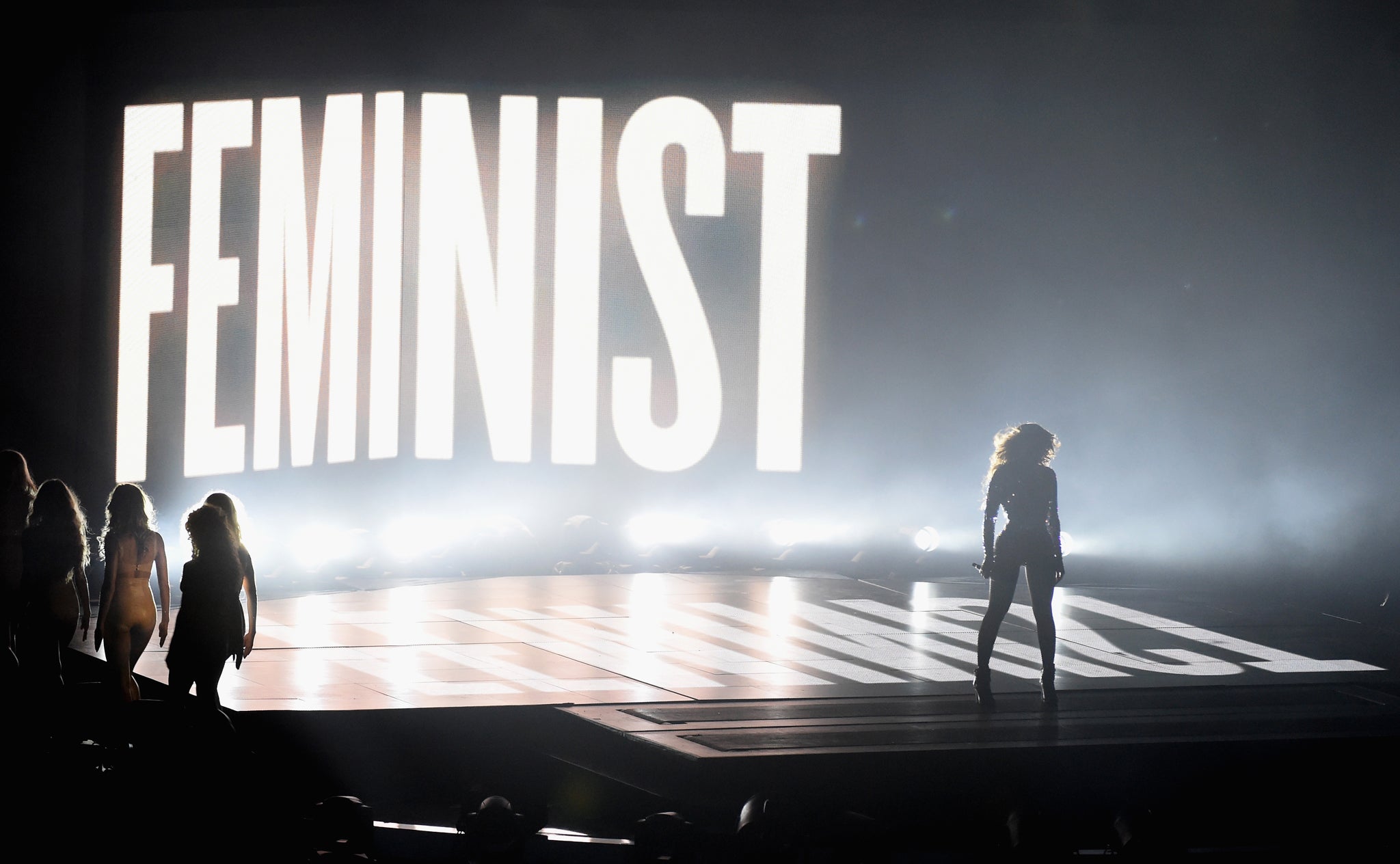2 charts that show what Britain thinks of feminism
1 in 5 think being called a feminist is an ‘insult’

Your support helps us to tell the story
From reproductive rights to climate change to Big Tech, The Independent is on the ground when the story is developing. Whether it's investigating the financials of Elon Musk's pro-Trump PAC or producing our latest documentary, 'The A Word', which shines a light on the American women fighting for reproductive rights, we know how important it is to parse out the facts from the messaging.
At such a critical moment in US history, we need reporters on the ground. Your donation allows us to keep sending journalists to speak to both sides of the story.
The Independent is trusted by Americans across the entire political spectrum. And unlike many other quality news outlets, we choose not to lock Americans out of our reporting and analysis with paywalls. We believe quality journalism should be available to everyone, paid for by those who can afford it.
Your support makes all the difference.Nearly one in five people in the UK think that being called a feminist is an insult rather than a compliment, with half of women stating they would not call themselves a feminist.
Research by YouGov shows that while more than 50 per cent of people believe there is still a need for feminism in Britain today, the word itself is unpopular.
Only 27 per cent of men and 35 per cent of women consider themselves to be feminist, despite the vast majority of people agreeing that men and women should be equal in every way – a total of 81 per cent.c charts that show what Britain thinks
More people think the word feminist is an insult (19 per cent) rather than a compliment (15 per cent), though the majority of people believe it is a ‘neutral description’.
Despite this, nearly half of people surveyed believe feminism has made the working experience better for women. But people acknowledged there is still more to be done, with 54 per cent stating women are at a disadvantage in the workplace and get fewer promotions than men.
The data has been released as Equal Pay Day was marked in the UK – the point at the year when the average woman in full time employment effectively begins to work for free when their pay is compared with that of their male counterparts.
Join our commenting forum
Join thought-provoking conversations, follow other Independent readers and see their replies
Comments